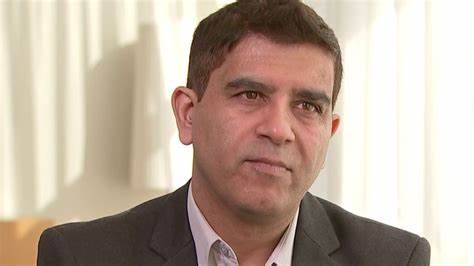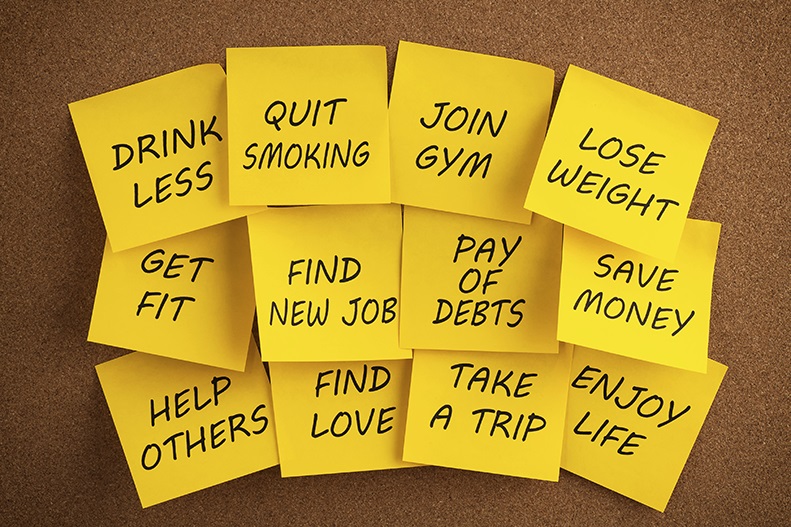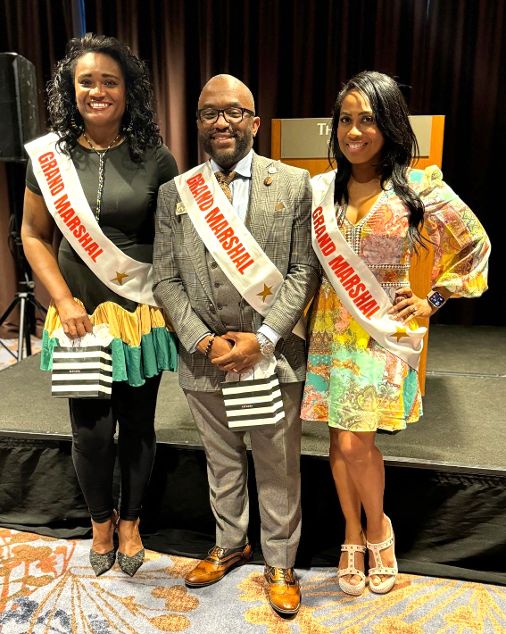Making those all-important New Year’s resolutions is easy – but sticking to them can be a different story. Whether it’s embarking on a new career goal, changing a behaviour, or setting out to achieve an exciting new challenge, resolving to make changes at the start of the New Year is simple, but there can be lots of reasons why our good intentions don’t last beyond January.
Chartered psychologists from the British Psychological Society share four top tips to help people to achieve their goals in 2023:
Tip 1: Don’t make resolutions
“Know your goals and what you need to do to achieve them instead,” says chartered psychologist Dr Audrey Tang. “When there’s a ‘rule’, we often don’t stick to it, or we try to bend it. This can feel like cheating and that’s when we start giving up. It’s healthier to see what we want to achieve as an evolution or growth, rather than rejecting what’s gone before.
“We need to ask, is this behaviour leading me to my outcome, or is it reinforcing what I already do and want to change”, recommends Dr Tang. “By asking ourselves this question and then making a conscious choice about the behaviour we want to change, we create new pathways in our brain to help form new habits.”
Tip 2: Understand why the change is important to you
“Sticking to your New Year's resolutions requires you to be really clear about why this change in behaviour is important to you,” says chartered psychologist Dr Tamara Russell. “To keep on track, we need to be really clear about our intentions and do small things every day to firm these up.”
Dr Russell recommends simple actions, like putting up signs and notes in frequently visited parts of the house or office to help remind us and support our brain as we try to do something different. As a leading expert in mindfulness, Dr Russell also recommends using mindfulness training.
“Getting more familiar with our mental movements by using mindfulness training can support the behaviour changes we want. Start with a simple short practice that focuses on the attentional training aspect of mindfulness. Doing this repeatedly helps us to strengthen the brain's neural networks that are also involved in keeping you on track with your New Year’s resolutions.”
Tip 3: Stack your goals
Make it easier for your brain to adapt to healthy change by focusing on goals at the same time and incorporating them into your desired behaviour. “If the resolutions are to get fitter, eat healthily and have more family time, stack your goals by cooking healthy meals together, or going out on a family walk,” says Dr Audrey Tang.
“Everyone benefits, not only from the act itself, but the quality time you have together.”
Tip 4: Focus on what you want, but appreciate what you’ve got
“It’s great to know what you are aiming for, but take a moment to recognise what you have, because at one point those things were as much your goals as your new resolutions,” advises Dr Tang.
“Not only does gratitude help create healthy connections in the brain, which in turn make it easier to notice the positives in life, but by taking a moment to reflect, we may also notice we have a blueprint of how we’ve achieved things in the past.”
The British Psychological Society is a registered charity which acts as the representative body for psychology and psychologists in the UK, and is responsible for the promotion of excellence and ethical practice in the science, education and application of the discipline.
As a society they support and enhance the development and application of psychology for the greater public good, setting high standards for research, education, and knowledge; disseminating our knowledge to increase public awareness and strive to:
o be the learned society and professional body for the discipline
o make psychology accessible to all
o promote and advance the discipline
o be the authoritative and public voice of psychology
o determine and ensure the highest standards in all we do












